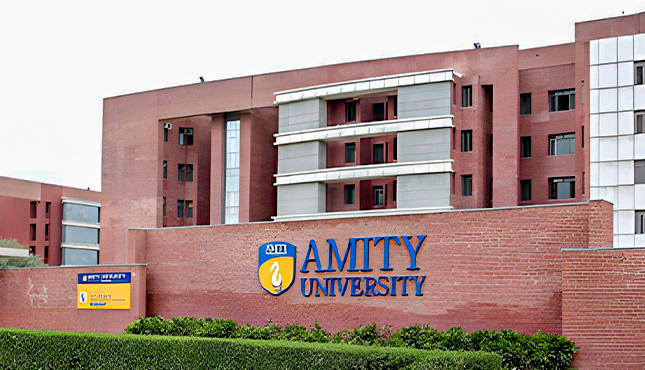
Introduction
In a world where information overload is the norm, building knowledge can seem like an insurmountable task. That’s why recent studies on how we acquire and retain knowledge are incredibly valuable. But with so much data out there, it can be challenging to understand what it all means for you. In this blog post, we’ll break down the latest study on building knowledge and give you actionable steps to apply these findings to your learning process. So buckle up and get ready to take your knowledge game to the next level!
What the Study Found
The latest study on building knowledge found some interesting results that could change the way we approach learning. The researchers discovered that focusing solely on memorization and repetition is not as effective as previously thought. Instead, learners need to engage in active processing of information to retain it long-term.
The study also revealed that making connections between new information and existing knowledge can greatly enhance retention rates. This means learners should strive to integrate new concepts into their existing mental frameworks rather than simply trying to memorize them.
Another important finding was the impact of context on learning. The researchers found that when learners are presented with material in a meaningful context, they are more likely to understand and remember it later on.
This study highlights the importance of active engagement and connection-making in the learning process. By incorporating these strategies into our studying habits, we can improve our ability to build lasting knowledge and understanding of complex subjects.
How to Interpret the Findings
After reading the latest study on building knowledge, it is important to understand how to interpret the findings correctly. The study found that traditional methods of learning, such as memorization and repetition, may not be as effective in building long-term knowledge compared to more active learning techniques.
However, this does not mean that memorization and repetition should be completely abandoned. Instead, it is suggested that a combination of both passive and active learning techniques can lead to better retention of information.
Another important finding was the significance of feedback in the learning process. This means providing learners with immediate feedback after completing a task or answering a question can greatly enhance their understanding of the material.
It’s also essential to note that everyone learns differently. What works for one person may not necessarily work for someone else. Therefore, it’s crucial to experiment with different types of learning methods until you find what works best for you.
Interpreting these findings requires an open mind towards new ideas about teaching and personalizing your own approach based on what has been discovered throughout research studies like this one. Always remember that active engagement often leads to better results than simply passively reviewing materials over time without any interaction between yourself or others who could offer helpful feedback during practice sessions!
What this Means for You
So, what does the latest study on building knowledge mean for you? Well, it means that there are more effective ways to learn and retain information than just cramming. It means that taking breaks and spacing out your studying can actually lead to better long-term retention.
For students, this means adjusting your study habits to incorporate deliberate practice over time instead of pulling all-nighters before exams. It also means utilizing tools like flashcards and quizzes to reinforce learning throughout the day rather than simply relying on lectures or textbooks.
For professionals looking to improve their skills or pursue new career paths, this study suggests that investing in continuous learning opportunities may be more beneficial than trying to quickly master a subject overnight. This could include online courses, workshops or mentorship programs.
Ultimately, this study reminds us that learning is a process and not an event. By incorporating spaced repetition into our daily routines and embracing lifelong learning opportunities, we can build lasting knowledge that will serve us well in both our personal and professional lives.
Next Steps
To sum up, the latest study on building knowledge gives us a deeper understanding of how we can learn and retain information more effectively. By focusing on creating connections between new and existing knowledge, rather than just memorizing facts, we can build a stronger foundation of understanding that will serve us well in both academic and real-world settings.
So, what are the next steps? Start by assessing your current learning habits. Are you simply trying to memorize information or are you actively seeking to create links between concepts? If you find yourself struggling with certain subjects or topics, try breaking them down into smaller parts and finding ways to connect those pieces with things you already understand.
Additionally, consider exploring different learning methods such as visual aids or interactive tools that encourage active participation. And don’t forget the power of repetition – revisiting material over time reinforces our memory and strengthens those neural connections.
Ultimately, by adopting a more intentional approach to building knowledge based on this research-backed strategy, we can unlock greater success in any area where learning is required.










